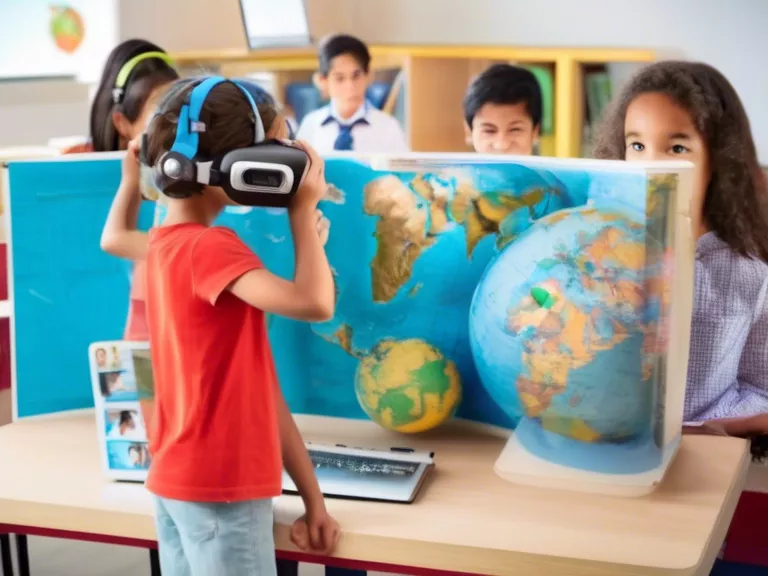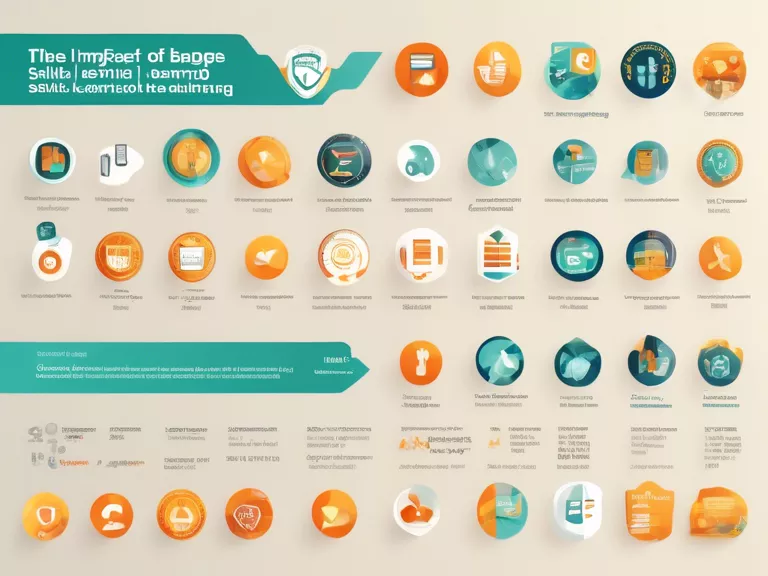
Virtual field trips are revolutionizing the way students learn by bringing global experiences right into their classrooms. Through the power of technology, students can explore far-off locations, historical sites, and immersive cultural experiences without ever leaving their desks. These virtual field trips offer a unique opportunity for students to learn about the world in a hands-on, interactive way. In this article, we will explore how virtual field trips are changing the educational landscape and enhancing the learning experience for students of all ages.
One of the biggest advantages of virtual field trips is their ability to bridge the gap between what students read in textbooks and what they experience in real life. By using virtual reality (VR) technology, students can virtually transport themselves to locations all over the world and explore them in a 360-degree environment. Whether it's the Great Wall of China, the Louvre Museum in Paris, or the depths of the ocean, virtual field trips allow students to see, hear, and interact with their surroundings in a way that traditional learning methods simply cannot match.
Virtual field trips also provide a more inclusive learning experience for students with physical limitations or other challenges that may prevent them from participating in traditional field trips. By bringing the world to their fingertips, virtual field trips ensure that all students have the opportunity to expand their horizons and learn about new cultures and environments.
Furthermore, virtual field trips are a cost-effective and time-saving alternative to traditional field trips. Schools no longer need to worry about transportation, admission fees, or scheduling conflicts when organizing a virtual field trip. With just a few clicks, teachers can bring the world into their classrooms and provide students with a rich and engaging learning experience.
In conclusion, virtual field trips are transforming the way students learn and explore the world around them. By harnessing the power of technology, educators can offer students a global perspective and immerse them in new and exciting learning experiences. As virtual field trips continue to evolve and improve, they will undoubtedly play a vital role in the future of education.



